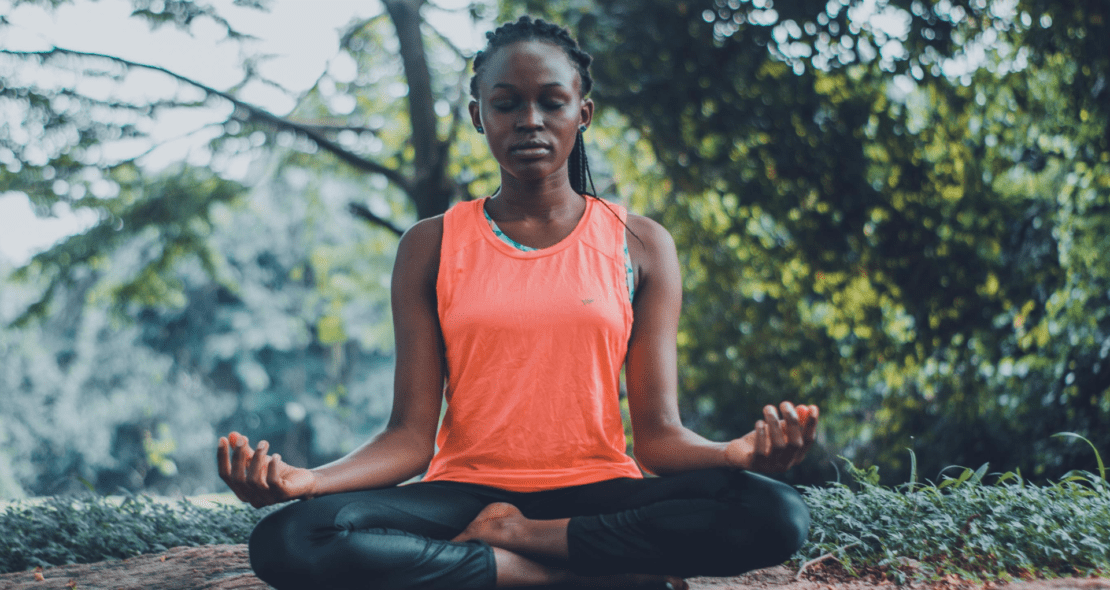For those of you who practice yoga and mindfulness, the chances are that you have been exposed to talk of “mind-body connection”. Rest assured this is not simply a concept reserved for the yogis, hippies and flower children of the world!
It is today widely accepted that there is a profound interrelationship between our mind and our body, with an increase in scientific breakthroughs demonstrating the real effects our emotions and stress levels have on our physical health. But just how this connection takes place is still heavily debated by scientists, psychologist and philosophers alike, who want to get to the bottom of just how our mental self (our conscious thoughts, emotions and experiences) relates to our physical self (our body and brain).
Are our physical states influencing our mental states? Or are our mental states influencing our physical states? And If so, how does this happen?
While there is, of course, no simple, straightforward answer to these questions, you don’t have to be some hot shot scientist to get a better insight into this mysterious relationship. In fact, we here at Bikram Yoga Southside believe that a lot can be learned through the practice of yoga.
Mind over matter / Matter over mind
Unleash those Jedi mind powers my yogi warriors! As it turns out, we can all tap into the power of mind over matter.In fact, new research has demonstrated that mindfulness and meditative practices such as yoga can improve the functioning of the immune system, reduce blood pressure and increase the functioning of our brains.
When we learn to quiet the mind, we can switch off all of those negative and worrisome thoughts that normally occupy our energies. This, in turn, quiets the stress response system and lets the body relax, allowing it to expend more energy on healing itself. It is truly empowering to realise that we can manifest real physical changes in our bodies through learning to reprogram our thoughts and emotions.
Don’t forget though, the body can also have power over the mind…
Inactivity and unhealthy habits have been linked to mental decline, decreased memory capacity and feelings of sluggishness which can make us feel gloomy and negative. Engaging in physical exercise, on the other hand, increases our energy, alertness and cognitive functioning. Physical movement can in this way contribute to changing our patterns of thought and place us in a more positive state of mind.
Mind and body as one
The meaning of the word “yoga” is union or connection, and in practice, there is a fusion between the mind and body through the incorporation of breathing exercises, physical movement and meditation. We can begin to recognise that the mind and body are constantly interacting as one single entity, and that there is no fixed location where the one ends and the other begins: how you feel mentally affects how you feel physically, and how you feel physically affects how you feel mentally.
This complex interrelation inspired public speaker and philosopher Jason Silva to describe the mind and body as “frenemies”, crucial to each other’s well-being but also capable of being each-others worst enemies. Through practicing yoga, we come to discover that the mind-body connection involves a kind of two-way relationship, and that it is equally important to pay attention to both sides (and avoid provoking any unnecessary jealousy between the two).
“Yoga practice can make us more and more sensitive to subtler and subtler sensations in the body. Paying attention to and staying with finer and finer sensations within the body is one of the surest ways to steady the wandering mind.”
― Ravi Ravindra,
References
http://www.telegraph.co.uk/news/health/news/8862275/Meditation-improves-the-immune-system-research-shows.html
http://news.bbc.co.uk/1/hi/health/7130450.stm
http://www.webmd.com/balance/stress-management/stress-symptoms-effects_of-stress-on-the-body#2
https://www.mentalhealth.org.uk/publications/how-to-using-exercise

